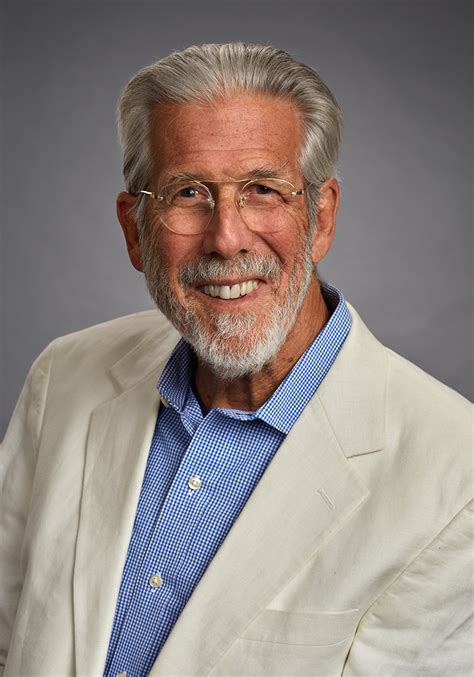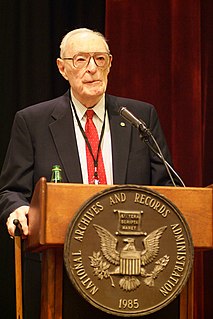A Quote by Steve Mnuchin
I would say the No. 1 problem with the Volcker Rule is it's too complicated, and people don't know how to interpret it.
Related Quotes
Early on, in discussions of financial oversight, people would say, 'Well, this is a very complicated problem, therefore it requires a complicated solution.' And at that step, I would say, 'Well, wait a minute. Just because it's a complicated problem doesn't mean the best course of action immediately is one that's complicated.'
The problem is that people really just don't care and they have been "educated" not to care about the monetary system: that it's boring, it's difficult to understand, we need to have high minded people like "Greenscum" and Bernanke to do things like this (and don't forget Volcker, there's the whole cast of them). The thing is that people have been educated or miseducated or brainwashed into believing that this is wayyyy too complicated for regular people to understand and that we need to let PhD economists guide us along in terms of what's right... and that's all bull.
APD is primarily defined as a lack of empathy,' I said. I'd looked it up too, a few months ago. Empathy is what allows people to interpret emotion, the same way ears interpret sounds; without it you become emotionally deaf. 'It means I don't connect emotionally with other people. I wondered if he was going to pick that one.' 'How do you even know that?' she said. 'You're fifteen years old, for goodness' sake. You should be ... I don't know, chasing girls or playing video games.' 'You're telling a sociopath to chase girls?
I remember when Ronald Reagan was president he said 'if the American people obeyed the Ten Commandments and the Golden Rule we wouldn't have any problems.' The first time I heard him say it I thought, 'That's too simplistic.' There are complicated problems back there. But you analyze it, he's right.
Rule One. You must know the difference between an asset and a liability, and buy assets. If you want to be rich, this is all you need to know. It is Rule No. 1. It is the only rule. This may sound absurdly simple, but most people have no idea how profound this rule is. Most people struggle financially because they do not know the difference between an asset and a liability.
For the problem of decision-making in our complicated world is not how to get the problem simple enough so that we can all understand it; the problem is how to get our thinking about the problem as complex as humanly possible--and thus approach (we can never match) the complexity of the real world around us.
I think it would collapse my heart if I was super famous. I don't have the nerve for it, I'm too anxious. I don't know how you're not obsessed with how people perceive you, because they're real people, you know? You can convince yourself that they don't really know you, and that's true, but how can it not hurt your feelings?
I am not keen on the idea of an oversharer. I don't like that as a problem. I have more of a problem with an undershare. If I'm talking to somebody and I ask them how their love life is and they say "fine," that's a problem for me. I want to know things about people, I feel like we're all here on this planet, and intimacy is important.
We lack social awareness because we're so focused on what we're going to say next - and how what other people are saying affects us - that we completely lose sight of other people. This is a problem because people are complicated. You can't hope to understand someone until you focus all of your attention in his or her direction.
I remember somebody saying, "I feel really bad for kids growing up around iPads right now. It's just too complicated. Life's too complicated." I think, yeah, but I remember being a kid and holding up a new piece of technology that was made in the '80s and my grandparents going, "Oh, it's too complicated." It didn't seem complicated to me.



































